As COVID-19 spread across the country earlier this year, forcing schools and universities to close, Jessica L. Malisch began to notice an alarming trend - but not related to the virus.
"I was alarmed by patterns I was observing in the academic community in regards to how COVID-19 campus and childcare closures appeared to be impacting female scientists disproportionately," said Malisch, an assistant professor of biology at St. Mary's College of Maryland.
Among the authors were nine from Texas Tech:
The gender divide in academia is well documented. Women face inequality and inequity. Examples include women's underrepresentation in administrative positions; biases against marriage or having children; shortages of working-mother role models and female mentors in general; pay and grant-funding disparities; and advancement based on student evaluations, which consistently rate men higher than women. Culturally, women are more likely to be the caregivers of children and/or parents, leading to a more difficult work/life balance.
But in the age of COVID-19, these existing challenges have been exacerbated, the authors explained. Importantly, the impacts of inequality and inequity are amplified and compounded for women with intersecting identities. For example, Black women, indigenous women and other women of color experience racial and ethnic bias on top of gender bias.
"The upending of daily life and the shift to remote work is hard on everyone, but women, who traditionally do more of the household and dependent care labor, are likely to bear a greater burden," Harris said. "Women tend to teach more and larger classes, students depend on female faculty for emotional support and expect more leniency from women vs. male faculty, and students evaluate women more harshly in teaching evaluations. With the rapid shift to online learning, more students and/or courses means more work, and having more students during a crisis means students will expect more emotional and academic support.
"In addition to more student demands in the classroom, many women are experiencing increased demands at home - either for care and homeschooling of children or of elderly family members, or for running the household. Given the increased demand of teaching and home responsibilities, women have less time to devote to research and grant writing."
The economic impacts also are likely to be more severe for women, Harris noted, because many institutions' plans for coping with COVID-19 result in some form of decreased income, either through direct firing, furlough or decreased contributions to retirement.
Many universities have instituted gender-neutral policies that treat men and women the same, like tenure-clock extensions. But even these, the authors argue, lead to increased disparity between genders.
"On the surface, having adjustment policies that are gender neutral sounds like the right thing to do, but that isn't always the case," Harris said. "I think it is important to recall the difference between equity and equality. I like the visual of a family riding bikes - in this scenario, the man is riding a traditional man's bike. Equality would be providing everyone in the family with a man's bike, but this solution doesn't address the needs of the woman and the small child. They might be able to manage, but the man's bike isn't the best option. Providing bikes that are suited to their size and needs - for example, adding training wheels for the child - is the better option. This is the equitable solution as it gives each family member the tools they need to complete the task.
"Women in academia face inequality in teaching loads, mentoring and service requirements, and start-up funds and salary. Thus, using policies that are equal for men and women can increase gaps instead of reducing them. In the bike example, it is like giving the whole family a man's bike but the one given to the woman is a lesser or older model, thus there is inequality at the start. A gender-neutral adjustment is then adding something like a cushioned seat to each bike to help the family deal with a long ride. Given that the man already had an advantage, a better bike that is suited to his needs, adding the seat for everyone is helpful, but it helps the man more."
Instead of gender-neutral policies, the authors recommend institutions form Pandemic Faculty Merit Committees to deal with equity issues. Such committees should be proactive, diverse, transparent, informed and trained in both bias and the institution's history.
"We provide a
downloadable guide with questions about research, teaching, service and other situations that committees can use as a starting point," Harris said. "We also have a website that contains additional sources and background information."
"The WPFN Executive Board is in support of having some of the group's members work with the administration and the Pandemic Response Merit Committee," Cañas-Carrell said. "We have received a very positive response from the administration and are already working with the
Provost's Office to either establish a separate Pandemic Response Merit Committee or to create a subcommittee of the Faculty Success Advisory Council focused on equity in the time of COVID-19."
While there is certainly progress to be made, the authors believe articles like this can help.
"I don't think one article can solve the issues of gender and racial inequity in academia," Harris said, "but I am hoping that committees, departments and institutions use our piece and the provided resources to have honest conversations and personal reflections on their policies and practices. Ultimately, I hope they then enact some changes to begin to remedy inequities."
###


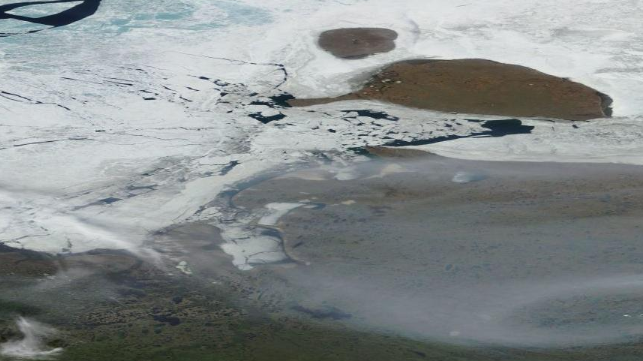
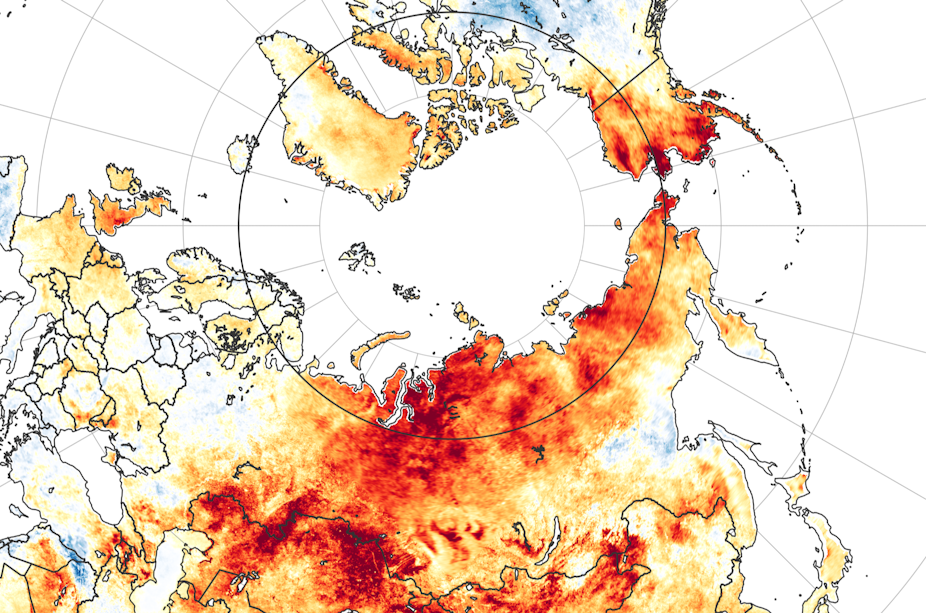
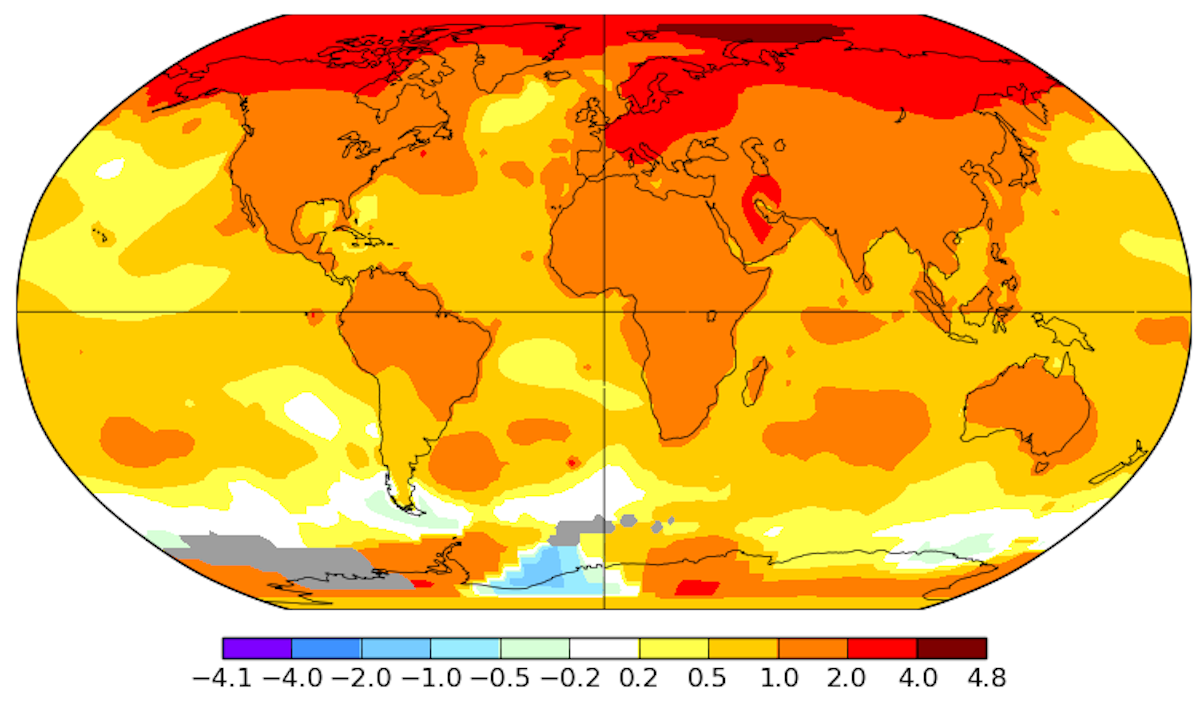


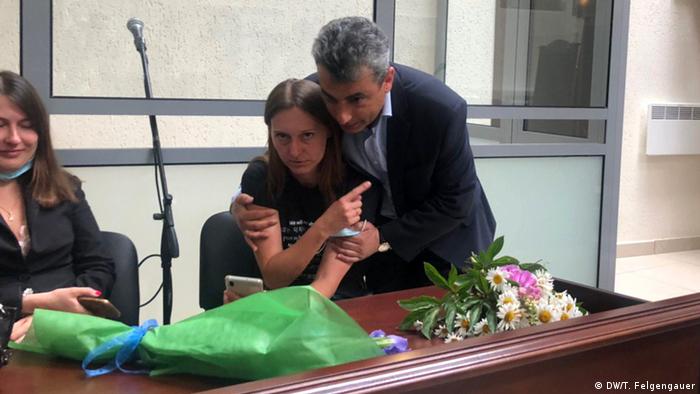
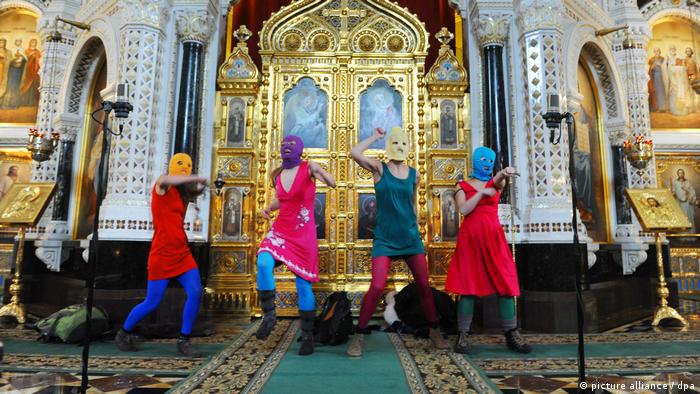
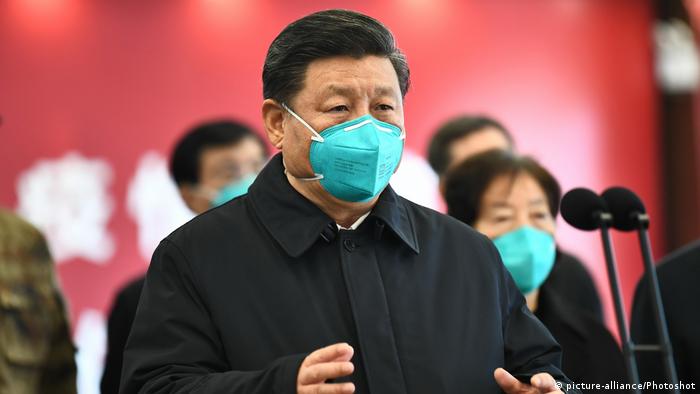

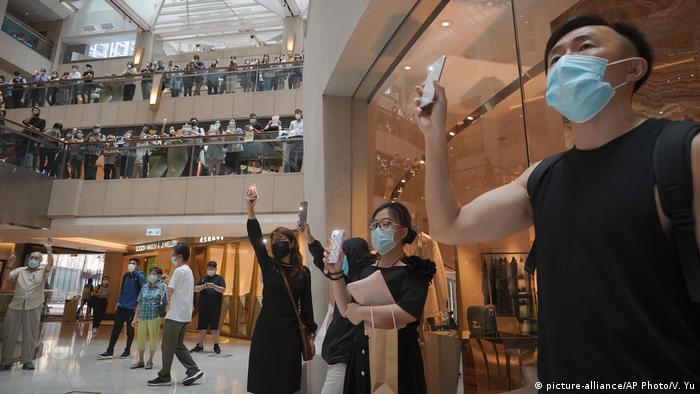
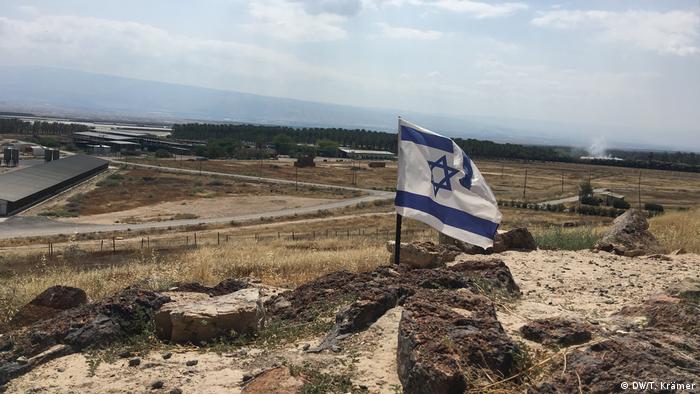
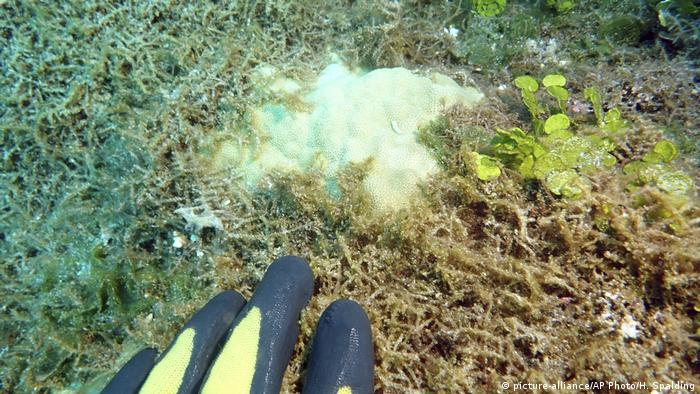
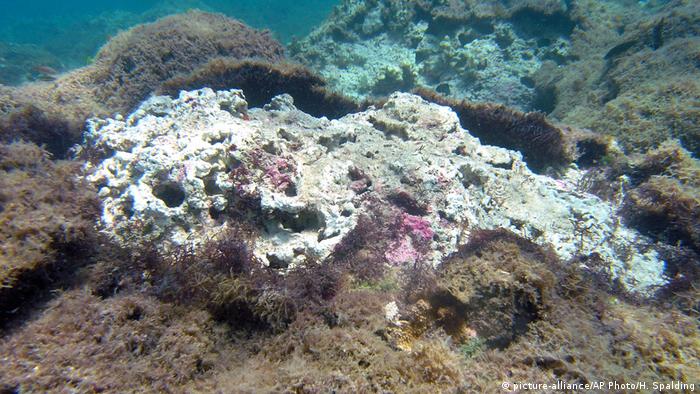
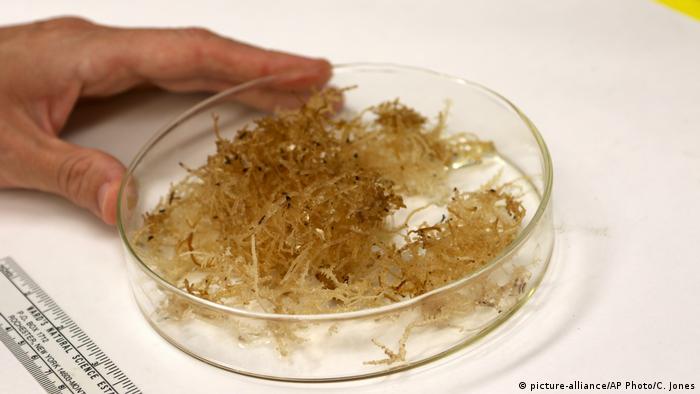
/cloudfront-us-east-1.images.arcpublishing.com/tgam/AEUEGRAJEJOY7GXNBOTF3ROMEI.jpg)
/cloudfront-us-east-1.images.arcpublishing.com/tgam/JVX77LRTGVPHXPRPVEJSLA2OJQ.jpg)






